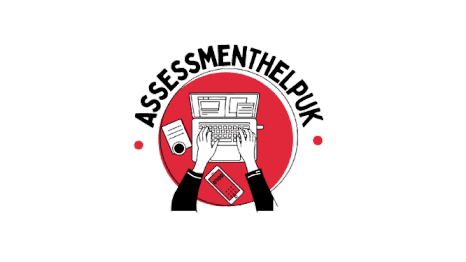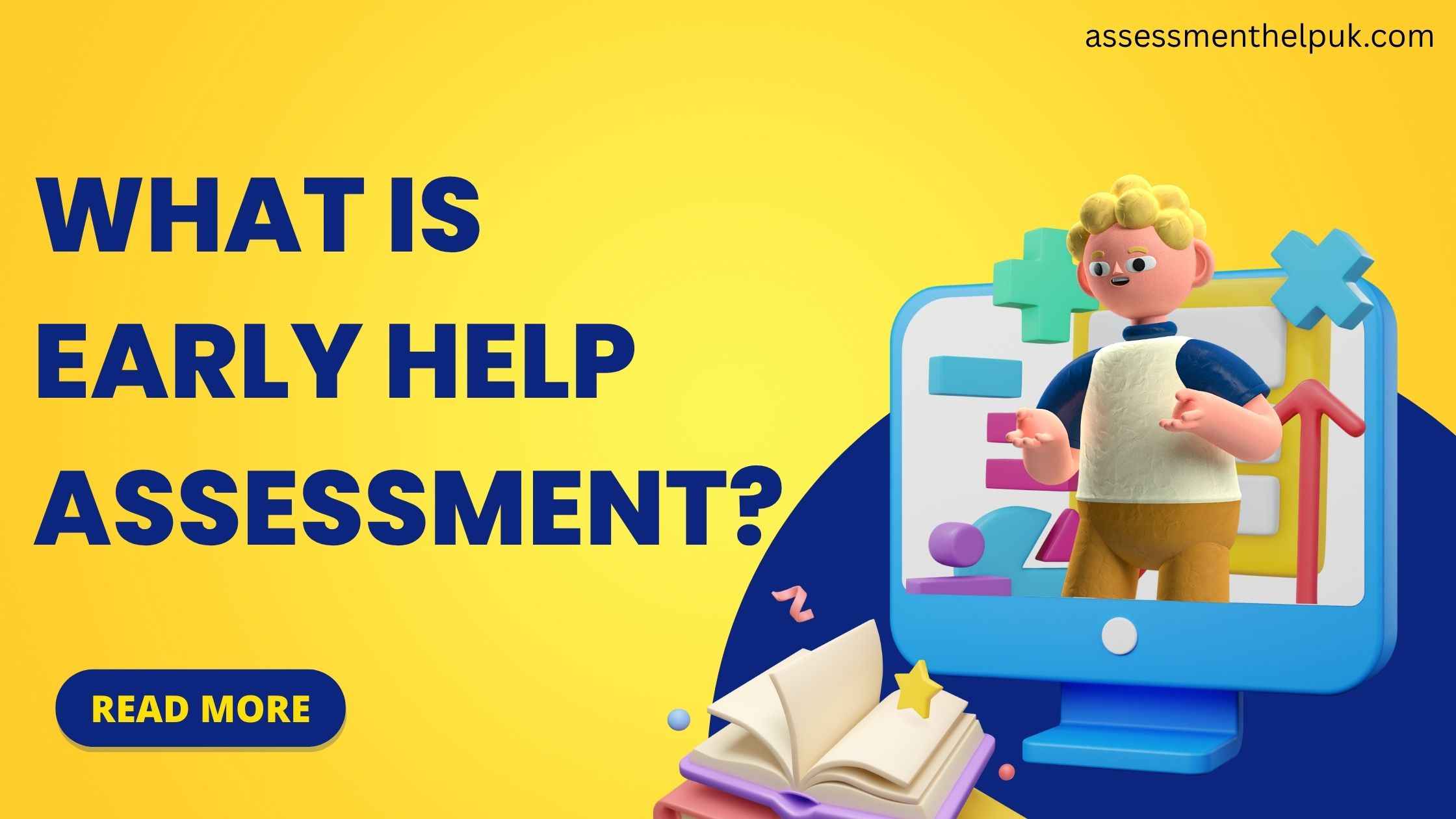In the modern hectic world, Families tend to deal with a large spectrum of complications, such as financial problems and mental illnesses, parenting and educational challenges. In order to prevent the deterioration of such issues, early help assessments are an important part of the social care and educational system in the UK. This process is intended to offer early intervention services and hence detects the needs at the earliest stage and links the families to the appropriate family support services.
However, as much as there are advantages of the early help assessment, it has some disadvantages too. This article will discuss what EHA is, the benefits of early help assessment on families and some of the drawbacks of early help assessment that should be considered.
What Is an Early Help Assessment?
An early help assessment (EHA) refers to a formal procedure that involves professional personnel to evaluate the arising needs of a family or child. It entails the coordinated work with parents and carers in drawing up a support plan, linking them in to the right family support and early intervention services.
The EHA is non-statutory, voluntary and is not designed to punish but to empower. It is normally organized by schools, health workers or local authority workers who take the lead practitioner role.
Who Would Benefit from an Early Help Assessment?
Early help is aimed at children and families who are experiencing early indicators of distress which includes but not limited to:
- Children who have poor attendance or performance in school
- Families facing either mental health or substance abuse issues
- Parents who require assistance in parenting skills
- Children as victims of domestic abuse
- Child welfare effects by financial or housing instability
- Children having behavioural or emotional problems
Early help is not just offered when families are in crisis. This is with the aim of intervening before things get worse and requiring referrals to child protection or social care in the future.
What Is the Early Help Assessment Tool?
Early help assessment tool refers to a standardized structure that enables professionals to collect information, comprehend needs, and determine where assistance is required. It includes:
- The history and the present issues of a family
- Educational, emotional and social progress of the child
- Wellbeing and health check assessments
- Protective and Strengths factors
- Services which are already in existence
The tool provides a comprehensive, coordinated manner and encourages inter-service communication.
How Can Parents Use the EHA?
Parents have a key role in the early help process. You can participate in the following way:
- Request Support- Early help assessment can be triggered by contacting the school your child attends, your health visitor or by contacting your local family support hub.
- Be open and real -Talk about your worries and experiences. The more the professionals learn the more specific and efficient the assistance can become.
- Get involved in Planning – You will be included in creating the support plan, and subsequent reviews.
- Measure Progress – Meeting on a regular basis allows you to track the progress and propose changes.
By being involved early, parents are able to stop small problems before they escalate into bigger problems.
Types of Early Help Available
After the needs are evaluated, some of the early intervention services can be provided, including:
- Workshops and parenting programs
- Counselling service or emotional wellbeing
- Housing or financial counseling
- Child behaviour support
- Language and speech therapy
- School support plans
- Youth mentoring or after school clubs
The family support packages are individual and depend on the results of the assessment.
Indicators of Early Help Assessment
The professionals seek early warning signs or indicators that a family may be in need of early help. These may be:
- A drop in the academic performance of the child
- Missing School frequently
- Regular injuries or neglect marks
- Emotional or social behaviour change
- Unaddressed health issues
- Stress, conflict or incompetence of management routines on the part of the parents
- Teacher, GP or community concerns.
The indication of one or several signs does not imply that the child is in immediate danger- yet it is an indication that support is required.
Disadvantages of Early Help Assessment
Even though early help can be life-changing, it is not without its difficulties. The early help assessment has some drawbacks which include:
- Stigma – Families can be afraid of being looked down upon or classified.
- Trust issues- Parents may fail to give out sensitive information.
- Poor uniformity -Not every professional is trained the same way.
- Scarce resources- Services could be under financed or have extensive wait lists.
- Data privacy issues- Families might be sensitive to the dispensation of their data.
In spite of these anxieties, early help is a voluntary and cooperative instrument, rather than a legal inquiry.
Final Thoughts
The early help assessment is an effective idea of determining where there are problems at an early stage and joining the family to the important early intervention services. Through professional-family collaboration, the environment can be strengthened and healthier spaces to raise children can be constructed.
Although the downsides of early help assessment are several, the majority of them can be resolved with the assistance of trust, effective communication, and fully resourced services. Whether it is you or somebody you care about that could use some family support, you might want to look into the possibilities of early help in your local area.
Frequently Asked Questions (FAQs)
Q1: Is the early help assessment compulsory?
No, it is by choice. Families have the right to say no or to withdraw.
Q2: Who does the assessment?
It can be a trained professional, for example, a teacher, health visitor, or worker of the local authority.
Q3: Will it be social services?
This is only when there are grave safety issues. The goal is not to cause statutory action, but to stop escalation.
Q4: Am I able to self-refer to early help assessment?
Yes. The process can be initiated by schools, health providers, or local councils on request by parents, careers or young people.
Q5: Will my information be given to others?
Nothing is disclosed without permission, except where there is a risk of safeguarding concerns.



